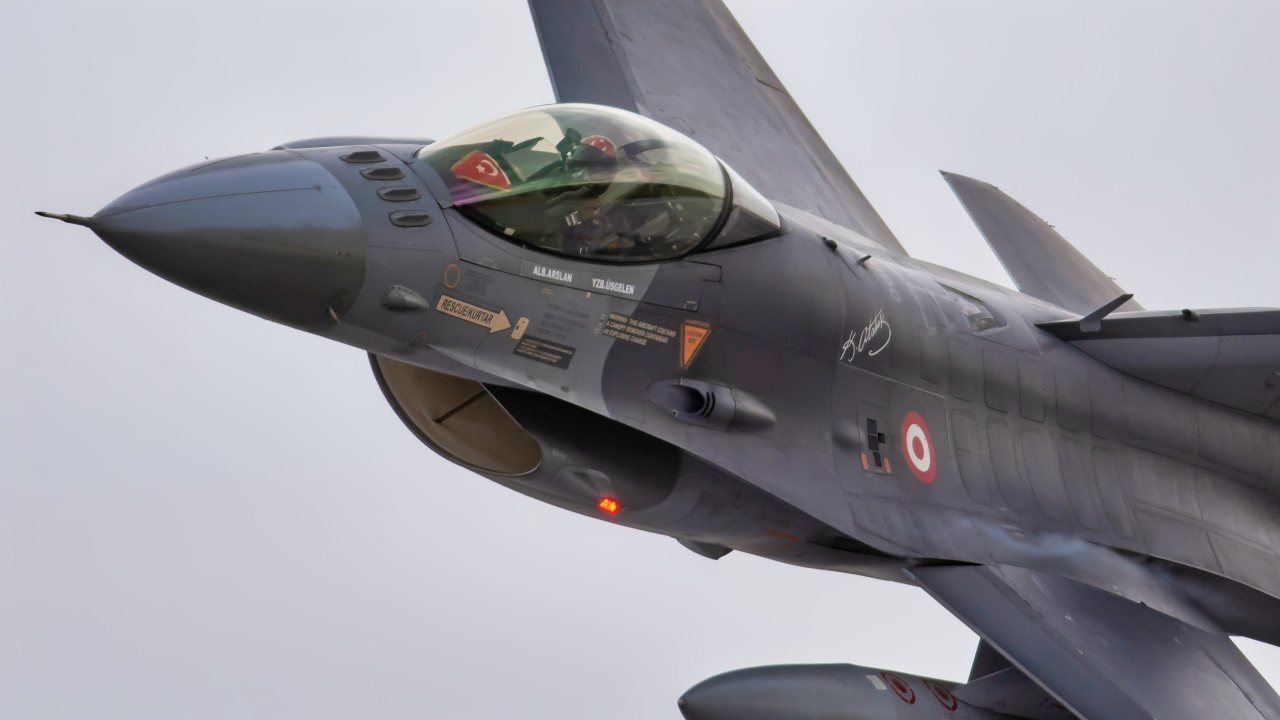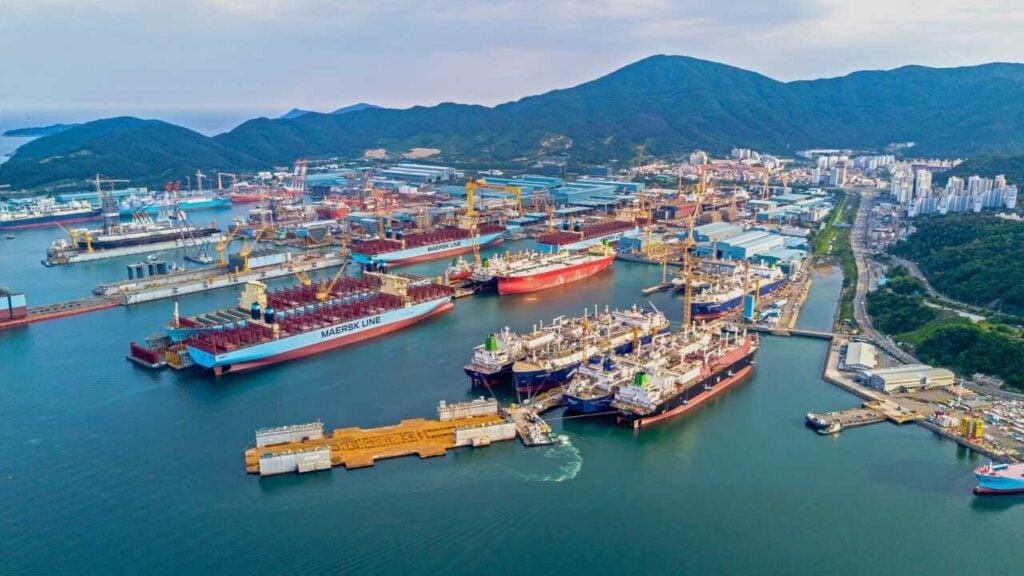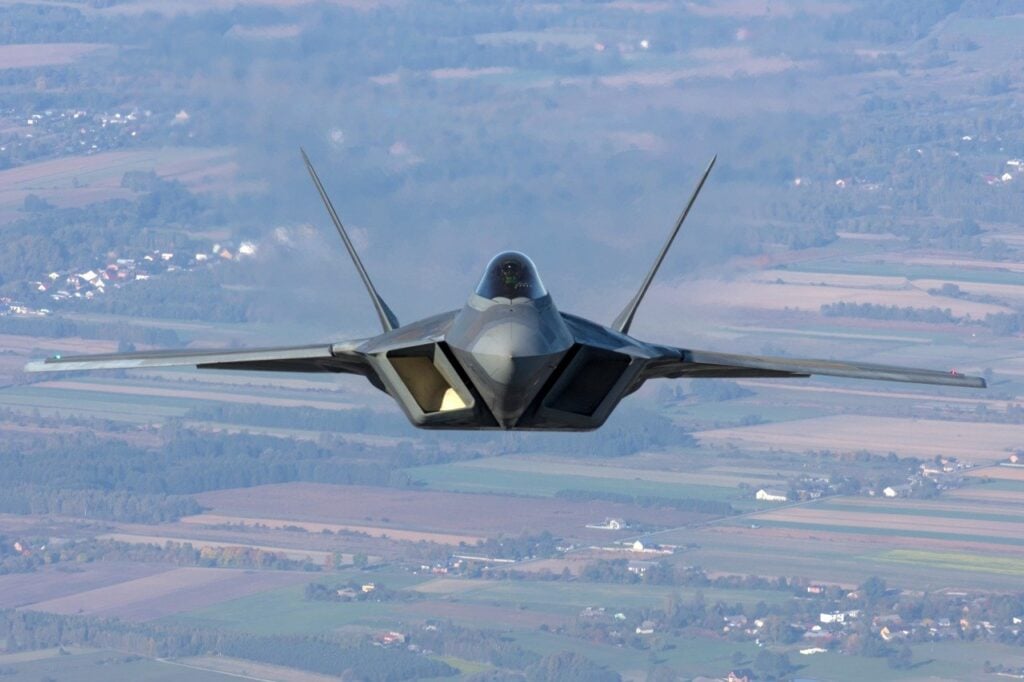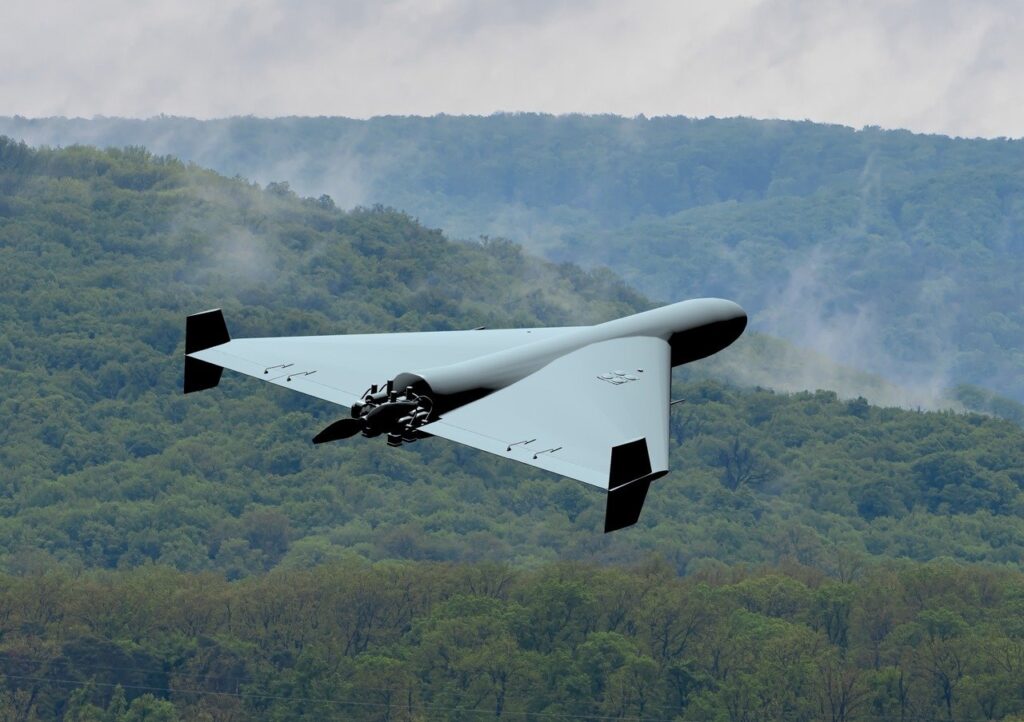
Is Turkey the Sick Man of NATO?
In November 1896, the popular weekly British magazine “Punch” published one of its regular satirical caricatures. Titled “Turkey Limited,” it announced the reorganization of the Ottoman Empire into a limited company in an attempt to rein in the Sultan’s poor finances. In the caricature, a perplexed Sultan Abdul Hamid II reads the news from a prospectus on some wall and ponders the benefits he will receive from such a development.
Arcane to modern audiences, the caricature laid bare the poor state of the Ottoman Empire—centered in modern-day Turkey—and its gradual fall from a geopolitical powerhouse after the capture of Constantinople and the defeat of the Byzantine Empire to the “Sick Man of Europe,” as it would be known following the publication of that November 1896 edition of the Punch.
Today, almost 130 years after British and European audiences laughed at the expense of the poor Sultan, Turkey finds itself in a similar position but now as the sick man of NATO.
Turkey: The Sick Man of NATO
Over the past eight years, Turkey has been steadily moving away from the United States and the West. Looking back, the failed coup d’etat against Erdogan in 2016 was the tipping point for the relations between Turkey and the West.
Whether stemming from a desire to chart a more independent foreign policy course or out of mistrust for Washington, NATO, and Europe, Turkish President Tayyip Erdogan has managed to offend neighbors and allies with alarming ease while at the same time cozying up with pariah states and terrorist organizations, including Iran, Russia, and Hamas.
In a relatively short amount of time, Turkey purchased S-400 air defense systems from Moscow, got expelled from the F-35 Joint Strike Fighter program, launched aerial and naval incursions against Greece, threatening war with a fellow NATO member, continued to militarize the illegal state of Northern Cyprus, and harbored terrorist leaders from Hamas.
Although the Turkish economy has somewhat stabilized, it faces challenging times ahead, making large-scale defense spending and manufacturing much harder for Ankara.
But as a NATO member, Turkey continues to wield power and influence in the transatlantic alliance. Its recalcitrance to Finland’s and Sweden’s membership bids following the Russian invasion of Ukraine wasted precious time. With Erdogan in power for the foreseeable future and no reasonable alternatives in the opposition, Turkey will likely continue down the path of anti-Americanism and anti-Westernism until something breaks.
Patience in NATO for a member that is acting as an adversary is running low. Turkey is a powerful country and regional player. Utmost efforts need to be made to ensure that it remains within the West. But its behavior is quickly outweighing its usefulness to the United States and NATO.
Once the sick man of Europe, Turkey is now the sick man of NATO. And as strong organisms often force out weak parts in order to survive, NATO should consider expelling weak links that hold it behind and run against its ideals and policies.
About the Author
Stavros Atlamazoglou is a seasoned defense journalist specializing in special operations and a Hellenic Army veteran (national service with the 575th Marine Battalion and Army HQ). He holds a BA from Johns Hopkins University and an MA from the Johns Hopkins School of Advanced International Studies (SAIS). His work has been featured in Business Insider, Sandboxx, and SOFREP. Email the Author: [email protected].
Image Credit: Shutterstock.


